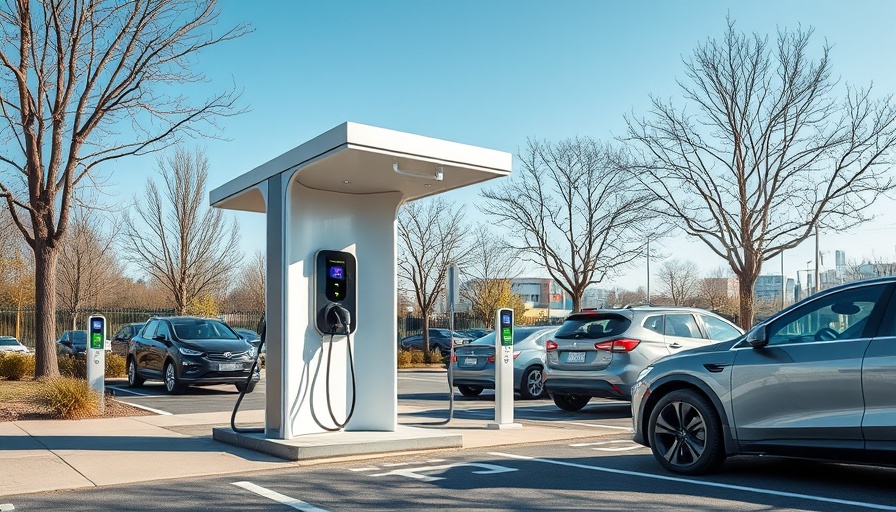
Congress Challenges California's Ambitious EV Agenda
In a pivotal move that could drastically reshape the landscape of automotive emissions regulations, Congress recently voted to overturn an EPA emissions waiver that had been instrumental in California's ambitious electric vehicle (EV) standards. This decision marks a historic first, initiating a significant shift in the United States' greening agenda.
Implications for Auto Dealerships
The implications of this legislative action are profound for auto dealer owners, principals, and general managers, as they now face an uncertain future in navigating the evolving market for electric and hybrid vehicles. California's stringent emissions standards had previously served as a benchmark not just for the state, but for the entire nation, encouraging manufacturers to innovate and roll out cleaner models. With the federal government stepping back from promoting such regulations, the momentum for EV adoption may falter.
Shifting Market Dynamics: What to Expect?
The recent changes could lead to a fragmentation of the automotive market, where states hold varying degrees of regulations on emissions and fuel efficiency. California, often viewed as a leader in environmental policy, could find its efforts undermined nationally. Dealerships in regions that maintain stringent vehicular standards might need to adapt to stock and sell models that comply with local regulations while addressing the growing concern of customers who want eco-friendly options.
Future Trends in Automotive Legislation
As auto dealers brace for the impact, the industry may witness a trend toward localized legislations. Other states may align with California’s original stance, creating a patchwork of regulations that dealerships must navigate. This could lead to increased demand for training in sustainable automotive sales practices, emphasizing the need for educational programs tailored toward these evolving market demands.
A Changing Landscape for Dealerships and Consumers
Consumers are becoming increasingly eco-conscious, and the change in federal policy might not alter this growing demand for EVs. As dealer principals and GMs confront these new dynamics, understanding electric vehicle training and education will be crucial. The shift may necessitate leveraging tools, such as AI website builders, to better facilitate customer engagement online while providing resources that highlight the benefits of electric vehicles.
Conclusion: What Should Dealers Do Next?
In light of Congress's recent decision, dealerships must consider the implications on their operations and sales strategies. Adapting to emerging trends in consumer preferences for cleaner vehicles while enhancing training and education in automotive sales will be pivotal in maintaining relevance in a transitioning market. Engage with your customers, change your strategies accordingly, and prepare for what's next in the automotive landscape.
 Add Row
Add Row  Add
Add 




Write A Comment